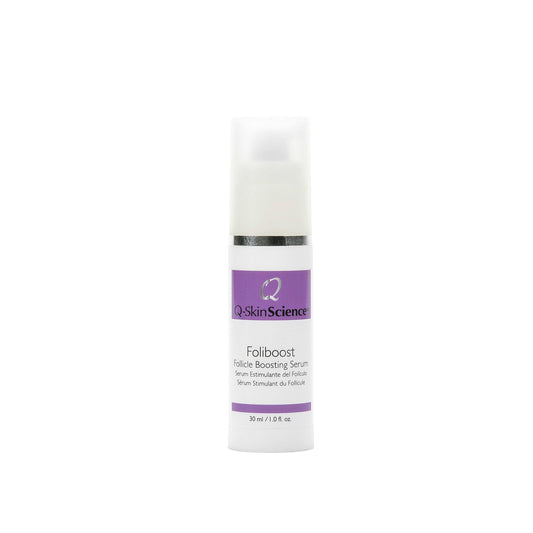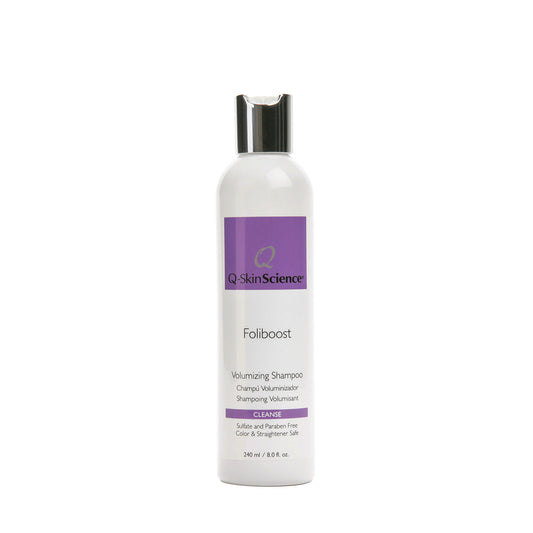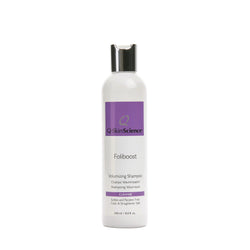You will not be allowed to compare more than 4 products at a time
View compare-

-
Androgenetic Alopecia (Male & Female Pattern Hair Loss)
This is the most common form of hair loss in both men and women, often influenced by genetics and hormonal imbalances—particularly in the androgens (sex hormones).
- In men, hair loss typically starts at the temples and crown, forming the classic “M” shape pattern and progressing to more extensive thinning.
- In women, thinning often begins around
the part line and gradually spreads across the top of the scalp, creating a wider part and a see-through appearance.
While women are less likely to experience complete baldness, the emotional impact of hair thinning can be significant due to social and psychological expectations.
-
Telogen Effluvium (Stress-Related Shedding)
High levels of physical or emotional stress can trigger telogen effluvium, a temporary condition where more hair follicles than usual enter the resting phase. A few months later, you may notice sudden, excessive shedding—often while brushing, showering, or styling.
Common triggers include:
- Illness or surgery
- Sudden weight loss
- Childbirth
- Major life stressors
-
Traction Alopecia
Tight hairstyles like ponytails, braids, cornrows, or extensions can create repeated tension on the hair shaft, leading to traction alopecia—a form of hair loss caused by mechanical stress. Over time, this can damage the follicle and slow or stop regrowth.
-
Alopecia Areata
This autoimmune condition causes the body’s immune system to mistakenly attack healthy hair follicles, leading to patchy hair loss. The exact cause is unknown, but it’s believed to be linked to genetics, stress, or other immune-related factors.
-
AdditionalContributing Factors
Hair loss can also be influenced by:
- Nutritional deficiencies (especially iron, vitamin D, and protein)
- Smoking
- Chronic medical conditions (e.g., thyroid disorders, PCOS, lupus)
- Medications (including some blood pressure drugs, antidepressants, and chemotherapy)
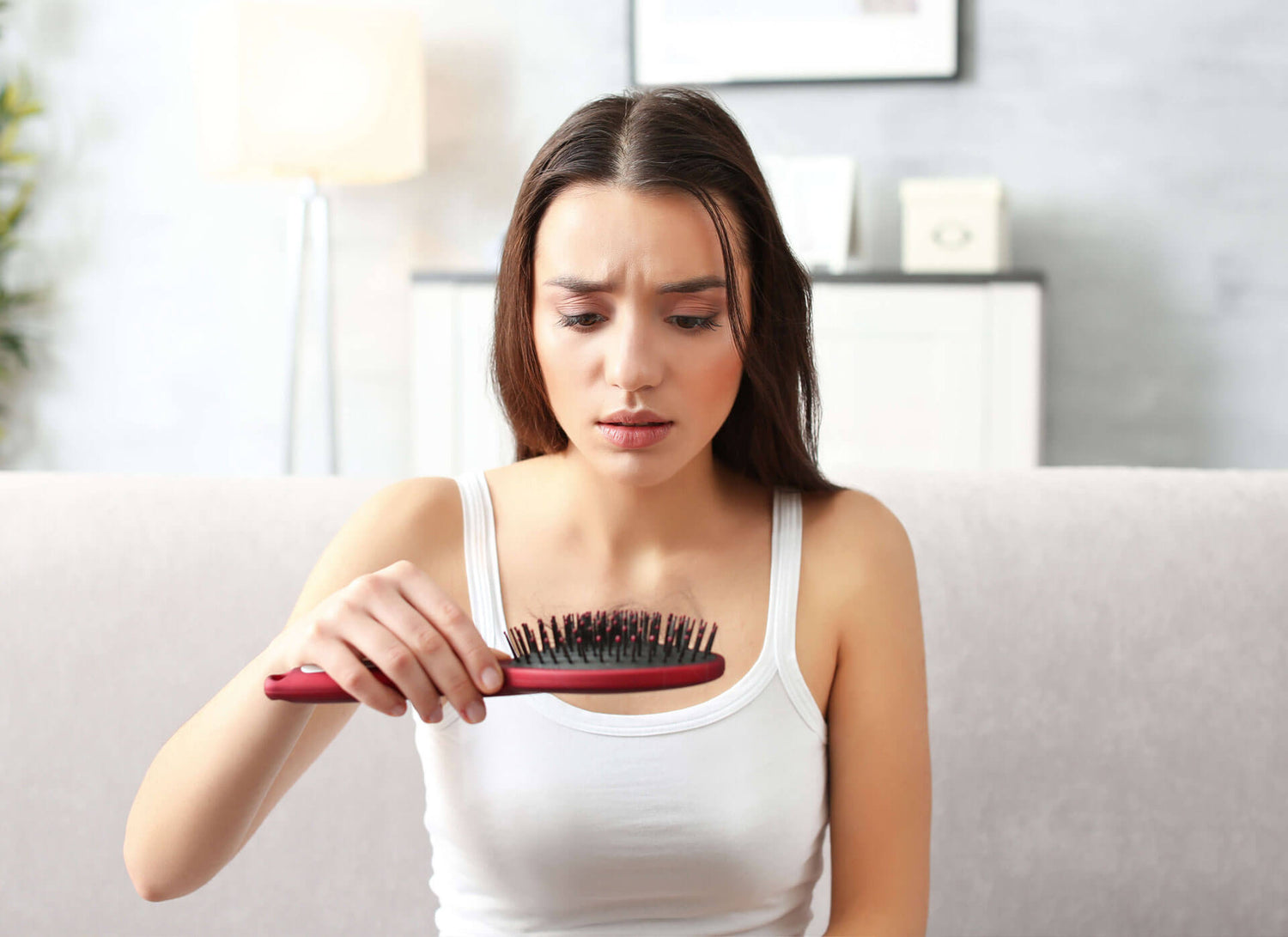
When to Seek Help
Sudden or significant hair loss can sometimes signal an underlying medical condition that requires diagnosis and treatment. If you’re unsure about the cause, it's important to consult a healthcare provider or dermatologist.
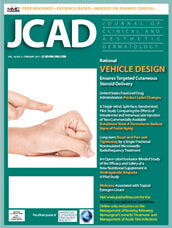
FORTI5® – 5 in 1 HAIR DIETARY SUPPLEMENT
CLINICALLY PROVEN
Journal of Clinical and Aesthetic Dermatology (JCAD) An Open-Label Evaluator Blinded Study of the Efficacy and Safety of a New Nutritional Supplement in Androgenetic Alopecia: A Pilot Study
JCAD Online Editor | February 1, 2017
Anna J. Nichols, MD, PhD; Olivia Bosshardt Hughes, BS; Agnese Canazza; Martin N. Zaiac, MD






